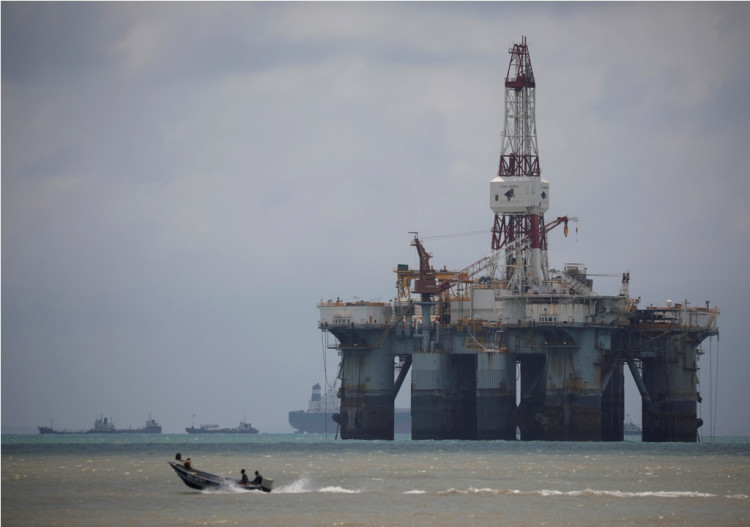Nigeria's President Muhammadu Buhari promised that the country's economy will diversify away from oil. Despite being the largest producer of oil in Africa, More than half of the population of the country lives below the poverty line. The country currently struggles to produce food for its own people.
Many believe that corruption is the main cause of poverty in Nigeria. it is a challenge that the Nigerians faces which is as old as Nigeria itself. Corruption scourges the ordinary Nigerians as it undermines the development of the country.
Since 2011, Royal Dutch Shell and Italy's Eni were tied in a legal confrontation over an alleged $1.1 billion bribe to Nigerian officials in aim to acquire a new off-shore drilling right. Nigeria countersued the two companies as they claim that the two companies assisted corrupt Nigerian government officials in their attempt to breach their fiduciary duties in the deal.
The conflict followed the leak of a 2013 report which deals on how Nigeria's National Petroleum Corporation owed the Nigerian government $20 billion in revenue due to its failure to report its earnings.
Nigeria is the most populated nation on the continent. Statistics showed that one out of five Africans lives in Nigeria. Despite the large population, there are only 23 power plants that keep the electricity for the people.
The Nigerian president said that he is planning to modernize and industrialize the country through a state-directed strategy. However, many believe that Nigeria needs to overhaul its law. They believe that the demand for massive construction projects will not ease the energy shortage in the country.
Critics believe that the government needs to ensure genuine accountability to the people. They said that without the new mechanisms, the country will lose its chance to become a modern and prosperous nation.
President Buhari's presidency turned the country into one of the poorest nations in the world. After he was re-elected, he was given another shot to improve the economy of the nation. According to Nonso Obikili, an Abuja-based economist, it's unlikely the Buhari administration will be drastically changing its economic policies especially as success at the polls will be seen as a referendum on their economic strategy.
An analyst at Fitch, a credit ratings agency, commented on its economic outlook released after Buhari's win that the President is likely to maintain his previous policy stances, suggesting only slow progress on key oil sector legislation and broader.






